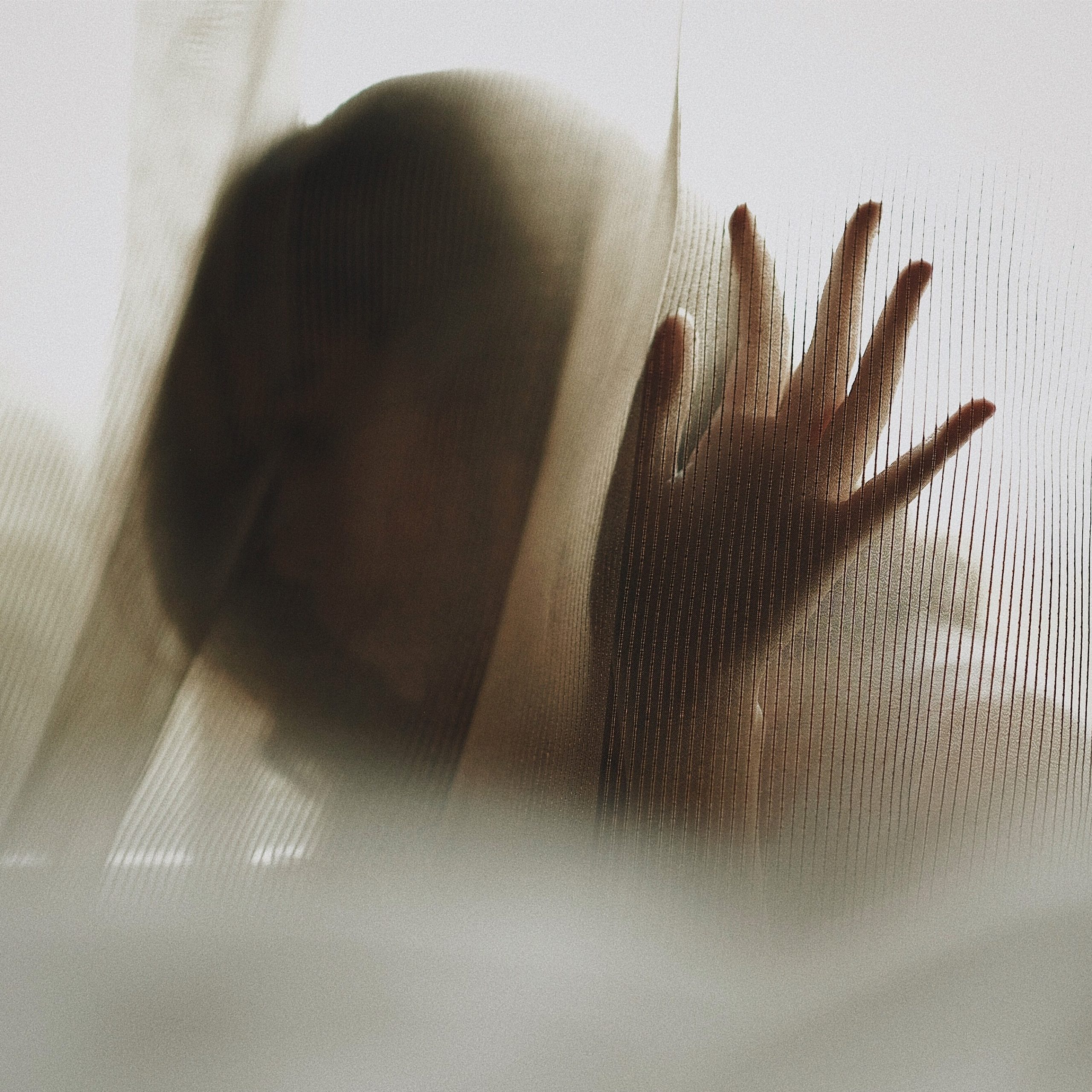Contact
bbxsafespace@gmail.com
There has been plenty of discussion about survivors & them not being truthful if they don‘t report to police in recent months. That‘s why we wanted to show you 10 reasons why survivors don‘t report to police. A limited list, but enough to challenge the viewpoint that is very present in our community still.
Reason #1: Low conviction rate
Low conviction rates make many not even try in the first place, especially if they don‘t have witnesses or very clear evidence. The person they report not being found guilty would also most likely lead to them not being believed and experiencing harassment. This is an important thing to remember when holding the stance of only believing people when they report. The camp of people thinking that way often is the same camp that will also stop believing the survivor once the legal system didn‘t have enough evidence of a crime that is often already low on evidence to begin with.
Reason #2: Retraumatizing
There are many ways in which a court case can be retraumatizing. Reliving a traumatic situation while having to detail it to law enforcement and the legal system is often mentally impacting a survivor. Combined with being questioned by badly trained law enforcement when first reporting and the victim blaming that happens from both law enforcement and the defense lawyers is nearly unbearable for people with PTSD. Legal procedures can take up a long time and experiencing these things over a prolonged amount of time can lead to a sharp decline in mental health as well as physical health. Another possibility for being retraumatized presents itself in the perpetrator passively harassing the survivor once they have been reported. That can happen online through anonymous accounts, but also in person in the form of mail or anonymous calls.
Reason #3: Freeze & Functional Freeze
The freeze response isn‘t just a momentary thing while the trauma is happening. Functional freeze can go on for a long time in which a survivor still is a functioning human being, but mentally completely blocked. Especially in the 24h after a trauma it can be near impossible for some to report what happened to them, which makes them lose most evidence, due to showering, washing the bedding and similar things. The brain is trying to make the body survive and distract from the traumatic incident. It is not too different from someone in active grief, the brain doesn‘t make sense during that time for many.
Reason #4: They might only find out later that what happened to them was sexual assault
Many people have one definition of what sexual assault and rape is, but learn more about it later on. It isn‘t rare for someone to realize they experienced sexual violence once they learn more about what falls under that term. All it needs is the absence of consent, the inability to say no or active nonconsent in non-verbal and/or verbal ways. Often someone opens up about that thing that happened in their old relationship years down the line and they hear for the first time that what happened to them was not okay. There is also the possibility of them being told way later by their partner that they were taken advantage of by them while they were unconscious. There simply isn‘t always in-the-moment awareness due to a lack of knowledge mixed with dissociating. That way reporting is made almost impossible due to no evidence.
Reason #5: The “Perfect Victim” Myth
Our society expects survivors of any abuse to be perfect victims. That goes from demographic and looks, all the way to how a victim is supposed to act and not act. This is not trauma-informed at all and also often forgets both trauma-induced amnesia and what PTSD does to someone. Being imperfect at being a survivor and having a case that isn’t perfectly clear rape (ideally w evidence) keeps many from reporting. They think they won’t be believed or actually shamed. They often don‘t even tell their friends and if they do they are afraid of being shamed for their irrational reactions to some triggers they developed or the survival strategies their mind created for them. Survivors are more easily irritated or might want to liberate themselves by expressing their sexuality after sexual trauma, both are very shunned and used for victim blaming.
Reason #6: They feel responsible / Shame
Many people already have internalized misogyny and victim blaming is common in our society. This combined with the mental effects of post traumatic coping leads many survivors to shame themselves for what happened to them and potentially even feel responsible for what happened to them. Often that looks like an „I should‘ve defended myself or said no!“ when the body was actually in freeze at the time and they wouldn‘t have been able to. This is only made worse by the lack of education on consent and coercion, as well as the impacts of trauma. Survivors experiencing this a lot might want to ignore what happened and keep it to themselves for a long time because they believe everyone will think about them the same way if they share their experience.
Reason #7: General Lack of support
If someone doesn’t have a support network when reporting and taking legal action they have a higher chance of being massively retriggered and having declining mental health. Survivors without support don’t wanna go through that. They will choose to stay stable mentally. They will choose to not potentially become suicidal. Trauma and its effects are already a very isolating experience, not having friends helping as a safety net makes legal steps almost unbearable for many.
Reason #8: Lack of financial resources
Taking legal action, going to therapy and living a life of recovery costs money. Most people already live way below their means and legal action is way past their financial scope if they want really good representation in court. This is especially common in countries where the average person doesn‘t have insurance for legal action. Even if the legal process is covered, many will struggle finding a therapist without paying or waiting a long amount of time. A life of recovery is also all about finding positive things to fill your life with, many of which will cost money, from food to transportation.
Reason #9: Restorative Justice
Some survivors still want change, but not through the legal system. Restorative justice can mean that the survivor and perpetrator both heal apart and together. It can also mean the community surrounding a perpetrator holds them accountable on their path of change that they have to commit to out of their own free will. It can look different ways but the end goal is that both sides of the situation unpack what happened and how they can heal and grow after it. Restorative justice is two-sided rehabilitation from the event, what led to it and the effects it had.
Reason #10: They wanna forget, forgive or move on
While pushing trauma aside isn’t very advisable due to its negative effects, many don’t want to report because a sexual misconduct case can take a long time and they just wanna move on or forget what happened as fast as possible. Others might want to forgive their abuser depending on the situation and relationship to the person. Many people find healing in letting go of the situation to concentrate on their healing in therapy. This is often a decision made after a survivor spent energy trying to get both justice and healing. For many healing isn‘t fully possible while they are in a legal battle, that‘s why many don‘t report or drop the case for their own health.
While this is by all means not every reason ever, these 10 reasons why survivors don‘t report to police are some of the most common ones. We hope you understand better now how nuanced this is from the perspective of a survivor and that it is not as clear-cut as it seems to a not-traumatized outsider. If you want to learn more about this topic we recommend checking out the statistics that RAINN has compiled on its website.




